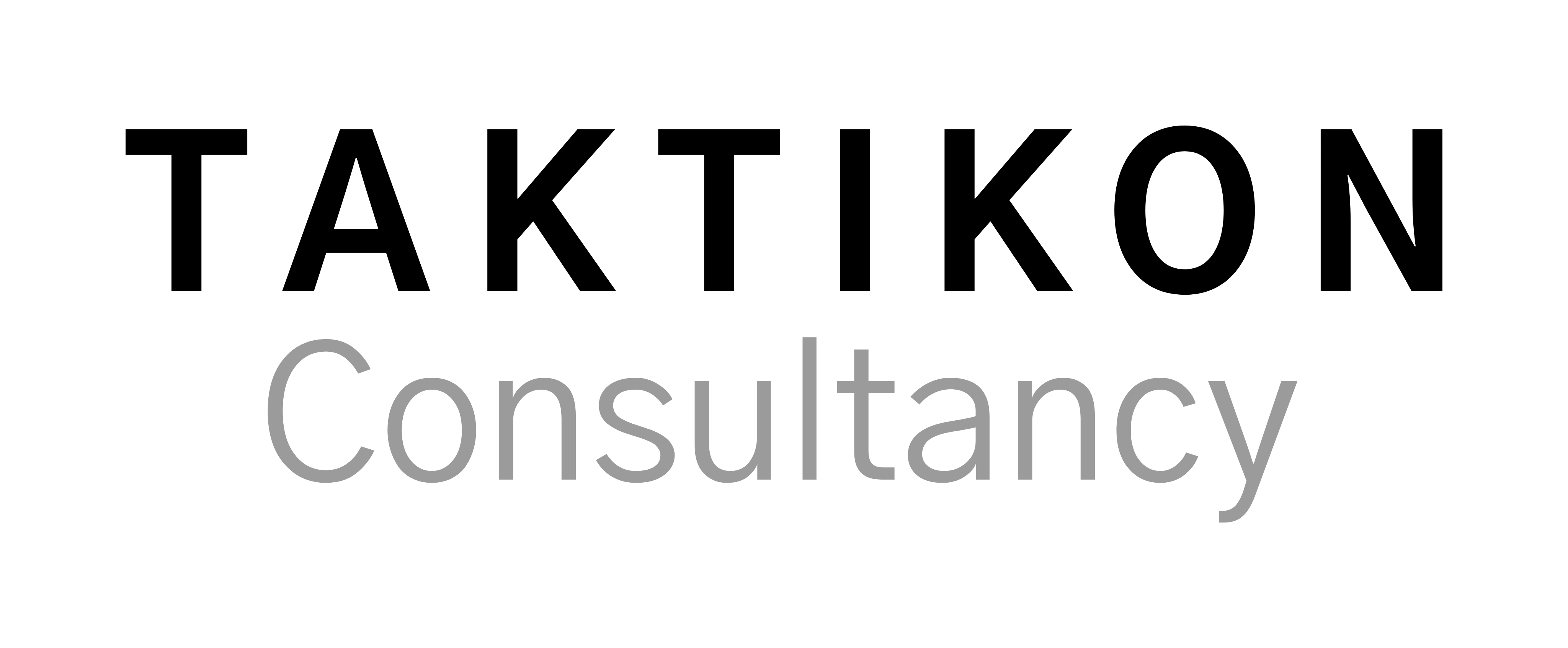Revenue Management is no longer just about adjusting prices based on supply and demand. Success in today’s market depends on understanding who your guests are and how their behavior impacts profitability. With leisure travel increasing after the pandemic, the need for more detailed segmentation has grown, but we must not forget that corporate travelers and groups remain essential for room revenue. By segmenting correctly, hotels can tailor offers, identify price sensitivity, and build strategies that benefit all areas of the business: rooms, conferences, and digital marketing.

Segmentation is not just about categorizing guests, it is about identifying patterns that help you set the right price for the right customer. Leisure travelers, business travelers, groups, and conference organizers all behave differently. Without clear segmentation, you risk missing both revenue opportunities and marketing advantages. Below, we break down how segmentation works for rooms, conferences, and digital marketing.
Key Takeaways
- Room segmentation covers leisure, corporate, and group guests, each with different behaviors and price sensitivities.
- Conference segmentation depends on lead times, request types, and conversion patterns.
- Marketing segmentation focuses on reaching the right guest with the right message, aligned with revenue strategy.
- Together, segmentation ensures that Revenue Managers can identify the right price point for each segment, maximizing both revenue and guest satisfaction.
Room Revenue: Leisure, Corporate, and Groups
Room revenue is at the core of Revenue Management, but each segment behaves differently. Post-pandemic, leisure demand has grown significantly, requiring more detailed insights into guest needs and price sensitivity. At the same time, corporate travelers and groups remain crucial for stability and volume.
Leisure guests:
- Families often book well in advance and look for value packages, such as breakfast included.
- Couples and weekend travelers book closer to arrival and are willing to pay more for experiences and upgrades.
- Price-sensitive leisure guests tend to book via OTAs, while loyal guests prefer direct bookings.
Corporate travelers:
- Typically book on shorter lead times and value flexibility.
- Less price-sensitive if the trip is essential, but restricted by company travel policies.
- Prefer simplicity and accessibility via GDS or direct agreements.
Groups:
- Often price-sensitive but provide volume.
- Can displace higher-paying individual guests if not managed carefully.
- Require thorough displacement analysis to avoid revenue losses.
Hands-on tips for Revenue Managers:
- Track booking windows per segment: corporate = short, leisure = varied, groups = long.
- Analyze cancellation behavior: leisure travelers tend to cancel more often than corporate guests.
- Test price elasticity for each segment: e.g., how much more are groups willing to pay for a peak weekend?
- Differentiate pricing: corporate agreements should not cannibalize leisure or group business.
With proper segmentation, Revenue Managers can not only fill rooms but also optimize the mix between leisure, corporate, and groups for maximum profitability.
Conference and Event Revenue Management: It is All About Lead Times
Conferences and events follow different rules. Here, lead time and request type are often more decisive than pure price sensitivity.
Examples of conference segments:
- Corporate clients: usually book far in advance, expect flexible packages, and value long-term relationships.
- Associations: typically have longer lead times, larger groups, and are sensitive to total value (rooms + F&B + AV).
- Social events (weddings, parties): often booked on short notice, strongly date-driven, and less price-sensitive if the date is fixed.
Hands-on tips for Revenue Managers:
- Segment requests by industry, size, and lead time.
- Track conversion rates: which request types convert fastest and at what rate level?
- Match pricing to lead times: higher rates for last-minute social events, competitive rates for early association bookings.
- Protect prime dates for high-value requests.
Segmentation makes it possible to say “yes” to the right business and avoid displacing more profitable demand.
Digital Marketing: When Revenue and Marketing Work Hand in Hand
Digital marketing has become an extension of Revenue Management. But marketing segmentation must deliver more than reach, it must connect directly to pricing and positioning.
Why it matters:
- Marketing teams often segment by demographics or behavior (age, loyalty, interests).
- Revenue Managers segment by willingness-to-pay and booking channel.
- Together, this creates real strength: marketing finds the guest, Revenue Management sets the price.
Hands-on tips to align marketing and Revenue Management:
- Use remarketing to target high-value segments (e.g., premium guests).
- Align campaigns with low-demand periods and focus on segments most likely to convert.
- Share conversion data between departments.
- Develop packages tailored to marketing segments and test price sensitivity through dynamic offers.
When marketing and Revenue Management share the same segmentation logic, pricing becomes sharper and campaigns more effective.
Conclusion
Segmentation is no longer optional. It is the foundation of Revenue Management in today’s competitive market. By:
- Understanding leisure, corporate, and group segments,
- Structuring conference requests by lead time and type, and
- Integrating marketing segmentation with revenue strategy,
Revenue Managers can find the right price point for each guest and maximize revenues.
The bottom line? Market segmentation is where strategy meets practice and where hotels can turn data into profit.
Are you ready to take your Revenue Management strategy to the next level?
Start by reviewing your current segmentation:
- Do you know which of your leisure, corporate, and group guests are most price-sensitive?
- Are you tracking lead times effectively for conferences and events?
- Is your marketing team fully aligned with your revenue goals?
If not, it may be time to take a fresh look at both your data and your strategy. At Taktikon, we help hotels and venues build segmentation models that drive profit, not just occupancy.
Contact us today to discuss how smarter segmentation can open new revenue opportunities for your business.
